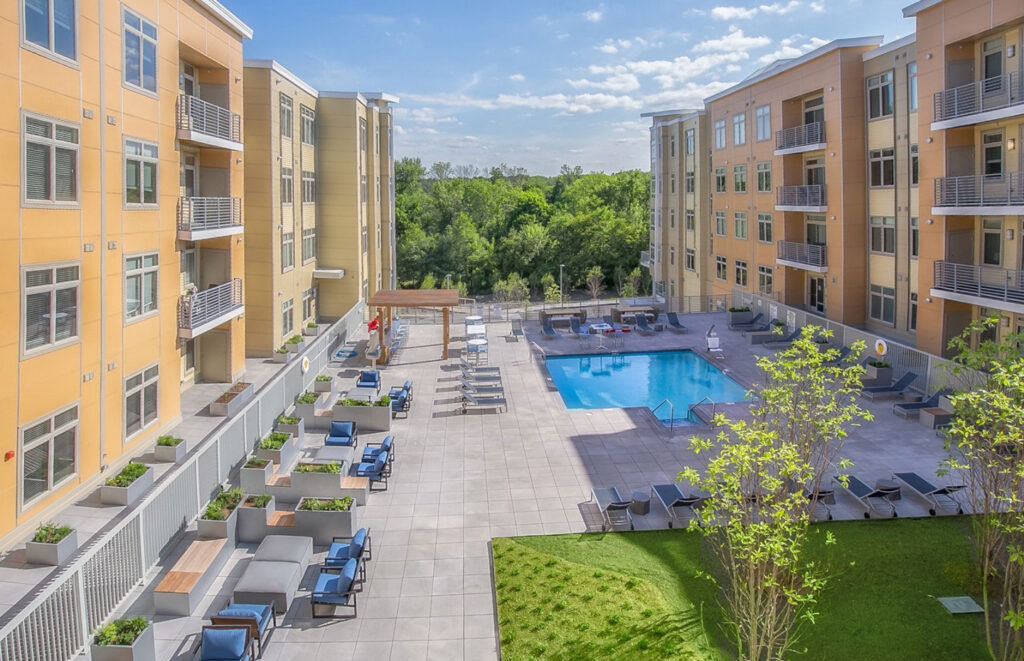
Affordable Housing in Urban Areas: Challenges and Solutions
As cities continue to grow, the demand for affordable housing in urban areas has reached unprecedented levels. This issue not only impacts those seeking a place to live but also influences the overall development and sustainability of urban environments. Addressing the need for affordable housing is crucial to ensure that cities remain inclusive and prosperous. In this article, we will explore the various aspects of affordable housing in urban areas, including the challenges, solutions, and future outlook.
The availability of affordable housing in urban areas is a pressing concern that affects diverse populations. With more people migrating to cities in search of better opportunities, the pressure on housing markets has increased, making it difficult for many to find suitable accommodations. This article delves into the factors contributing to the housing crisis and examines potential solutions to make housing more accessible to all.

Understanding the Housing Crisis
What is Affordable Housing?
Affordable housing refers to housing units that are affordable by that section of society whose income is below the median household income. The goal is to provide housing options that do not consume more than 30% of a household’s income.
Why is Affordable Housing Important?
Providing affordable housing is essential for social stability and economic development. It ensures that low and middle-income families can access safe and stable living conditions, which in turn supports workforce stability and diversity.
Challenges in Providing Affordable Housing
High Land Costs
One of the primary challenges in urban areas is the high cost of land, which makes it difficult to develop affordable housing projects.
Regulatory Barriers
Complex zoning laws and lengthy approval processes can delay or even prevent the development of affordable housing.
Limited Funding
Funding constraints often limit the scale and scope of affordable housing projects.
Innovative Solutions for Affordable Housing
Public-Private Partnerships
Collaborations between governments and private developers can facilitate the creation of affordable housing by pooling resources and expertise.
Utilizing Technology
Advancements in construction technology, such as modular housing and 3D printing, can reduce construction costs and time.
Repurposing Existing Buildings
Transforming unused or underutilized buildings into housing units can be a cost-effective way to increase housing stock.
Case Studies of Successful Affordable Housing Projects
Urban Revitalization Initiatives
Several cities have implemented successful urban renewal projects that include affordable housing components, such as mixed-use developments that integrate residential and commercial spaces.
Community-Driven Solutions
Community land trusts and cooperatives empower residents to have a say in housing development and management, ensuring that projects meet local needs.
The Role of Government and Policy
Incentives for Developers
Governments can offer tax breaks and subsidies to encourage developers to include affordable units in their projects.
Streamlining Regulations
Simplifying zoning laws and speeding up the approval process can facilitate faster development of affordable housing.
The Future of Affordable Housing
Sustainable Urban Development
Future housing projects will need to be sustainable and resilient, incorporating green building practices to ensure long-term viability. For more information on sustainable urban practices, visit 5 Ways to Make Cities More Sustainable and Resilient.
Embracing the Sharing Economy
The sharing economy offers innovative approaches to housing, such as co-living spaces that provide affordable options for urban dwellers. To learn more about the sharing economy in housing, visit Sharing Economy in Housing Explained.
Collaborative Approaches
Collaboration between different sectors, including governmental, private, and non-profit organizations, will be key to addressing the housing crisis effectively.

FAQs
What defines affordable housing?
Affordable housing is typically defined as housing that does not exceed 30% of a household’s income, allowing families to afford other essentials such as food, healthcare, and education.
Why is affordable housing difficult to find in urban areas?
Factors such as high land costs, regulatory barriers, and limited funding contribute to the difficulty in providing affordable housing in urban areas.
How can technology help in affordable housing?
Technology can reduce construction costs and time through innovations like modular housing and 3D printing, making it easier to develop affordable housing projects.
This article contains affiliate links. We may earn a commission at no extra cost to you.